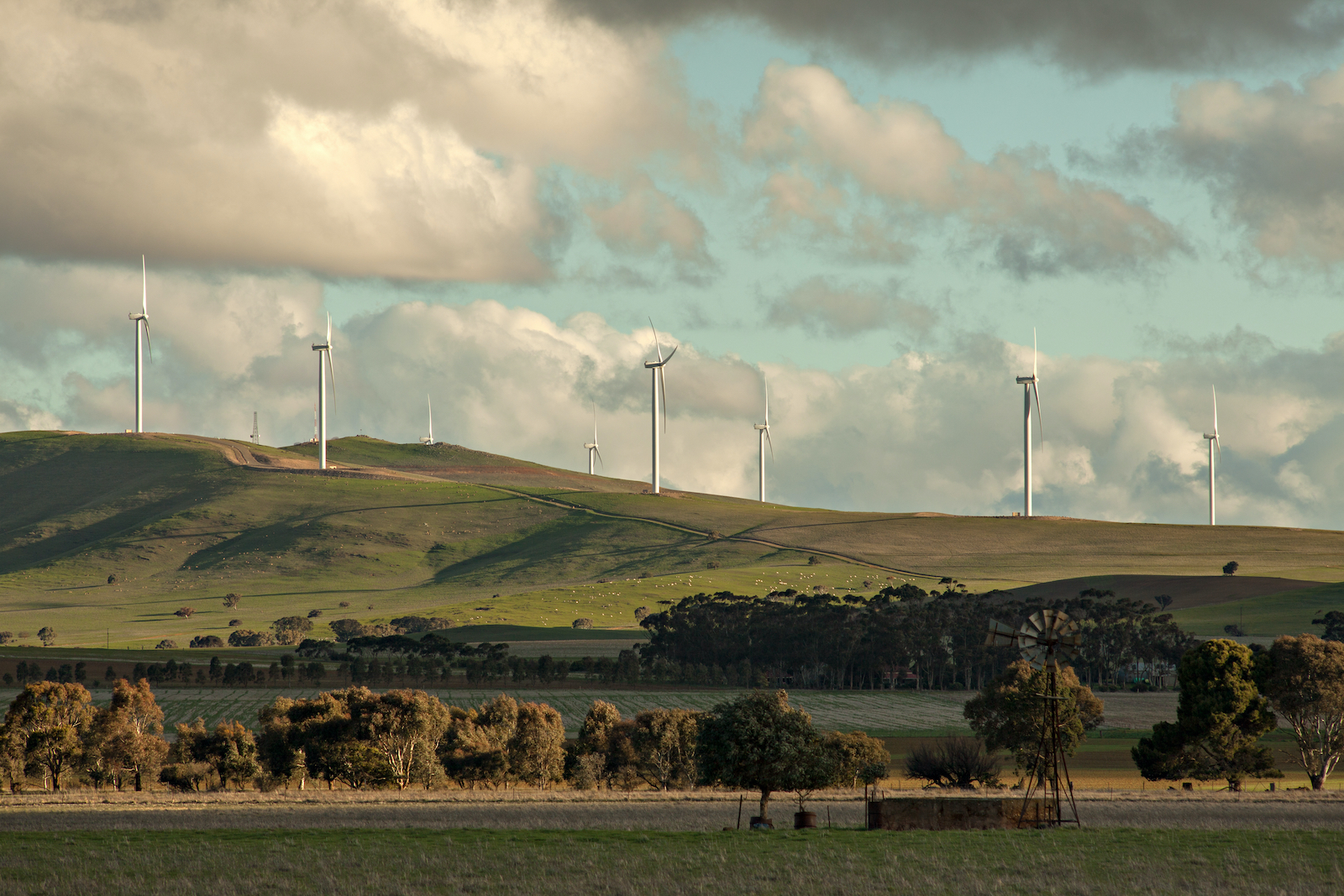
Noise Matters: Wind Farms, Nuisance and the Law
For years, the Australian wind farm has been reviled as ugly, noisy, and unendearing by a certain number of prominent figures. Former Prime Minister Tony Abbott pathologized them, calling wind turbines the “dark satanic mills of the modern era,” being not merely aesthetically problematic but damaging to health.
The latter view has been rejected by the National Health and Medical Research Council, which found “no consistent evidence that wind farms cause adverse health effects in humans” though it accepted at the time “that further high-quality research on the possible health effects of wind farms is required.” Literature examining the nature of wind farm complaints also notes “large historical and geographical differences in the distribution of complainants in Australia.”
Current Deputy Prime Minister Barnaby Joyce is another figure who never misses a chance to question the broader use of wind power. In New South Wales, where his electorate is based, he has warned the NSW government to “be careful” about using more turbines. “It’s not a bowl of cherries in this space,” observed the Nationals leader in characteristically gnomic fashion, “and that’s why you’ve got to keep your base load power going.”
This has placed him at odds with the State government and its renewable energy agenda. Criticism of the New England renewable energy zone as turning his electorate “into a sea of wind farms” did not impress Adam Marshall, the NSW agriculture minister, in December 2020. In The Land newspaper, Marshall, who is also a member of the Nationals, regarded such criticism as “banal and binary and prehistoric.”
On March 25, the Victorian Supreme Court gave private citizens some cause for joy, and policymakers and corporations a potential cause for concern, in challenging the way such farms operate. The judgment found that the noise from the Bald Hills Wind Farm based at Tarwin Lower in South Gippsland, “caused substantial interference with both plaintiffs’ enjoyment of their land – specifically, their ability to sleep undisturbed at night, in their own beds in their own homes.”
There had been a sufficient nuisance to warrant the awarding of damages and an injunction on the company from continuing to cause the noise at night, Bald Hills having failed to establish “that the sound received at either [the plaintiffs’ houses] complied with noise conditions in the permit at any time.” While the relevant Minister for Planning might “initiate enforcement action,” it was up to the court or tribunal to determine whether compliance had taken place.
The two individuals in question – John Zakula and Noel Uren – sued the wind farm in 2021 claiming the infliction of “roaring” noise by the wind turbines. It transpires that Bald Hills had form of the most condescending sort. Since commencing operations in 2015, it had received “many complaints from neighbouring residents and landowners about noise from wind turbines.” In 2015 alone, the Bald Hill complaints register recorded 50 complaints, some from Uren and Zakula, and all about noise disruption.
The company’s behaviour in responding to the complaints did not impress the court. Justice Melinda Richards decided that awarding aggravated damages was entirely appropriate. “The manner in which Bald Hills dealt with the plaintiffs’ reasonable and legitimate complaints of noise, over many years, at least doubled the impact of the loss of amenity each of them suffered at their homes.” The judge decided that Uren should receive $46,000 in aggravated damages, with Zakula to pocket $84,000.
Justice Richards was not amiss to the implications of such a decision. Unlike the Australian Deputy Prime Minister, she showed no signs of pre-historic tendencies in her reasoning. Wind power generation, she accepted, was “a socially beneficial activity.” There was no reason, however, why it was not “possible to achieve both a good night’s sleep and power generation at the same time.” The evidence presented to the court “did not suggest…that there is a binary choice to be made between the generation of clean energy by the wind farm, and a good night’s sleep for its neighbours.” The company could well have responded to the complaints of Uren and Zakula adequately “while continuing to generate renewable energy.”
When seen in its more specific context, the decision furnishes the renewable energy sector with a critical lesson. Even when engaged in socially responsible activities – in this case, renewable energy production – companies must be mindful of the implications of their behaviour to neighbouring residents. Being green and environmentally sound are noble ventures, but hardly enough when it comes to inflicting a nightmare upon residents.
Dominica Tannock, representing both plaintiffs, suggested after her clients’ victory, “The implications are corporate Australia will have to be very careful about complaints.” It was incumbent on the company to behave reasonably, fairly and “protect people’s sleep and if they don’t there is a precedent [now that] they can be shut down.”
The owner of the Bald Hills Wind Farm, Infrastructure Capital Group, said little in a statement responding to the ruling, merely that it was “currently absorbing the judgment and its implications.” They will not be the only ones.
